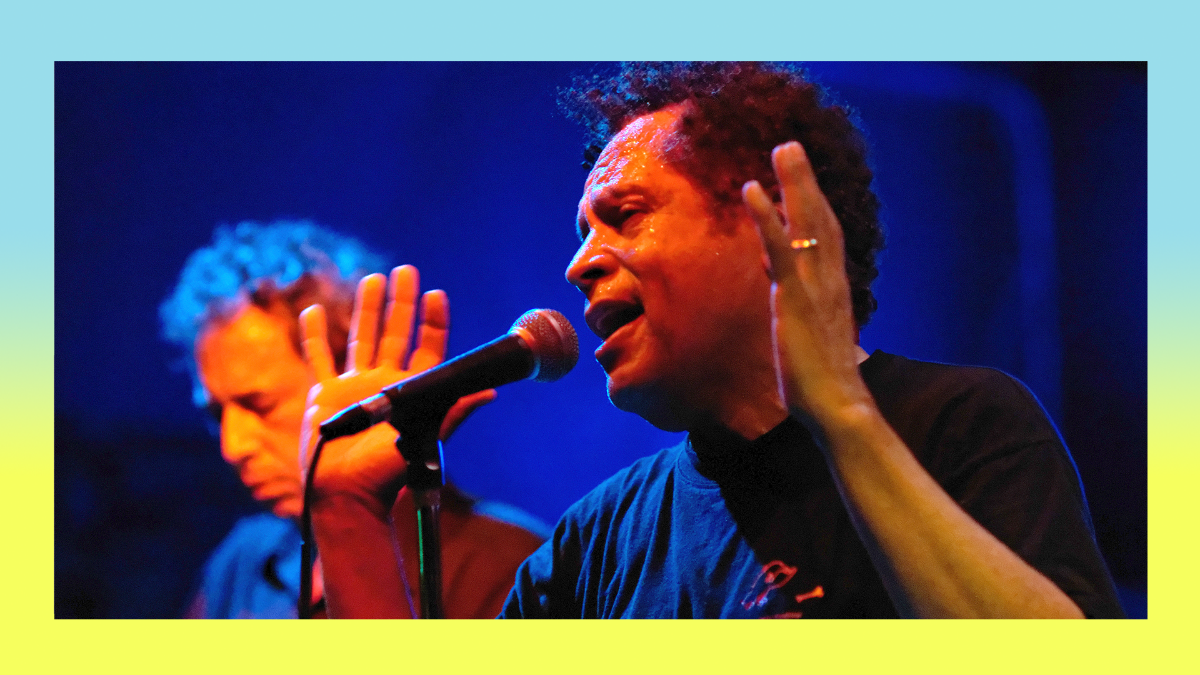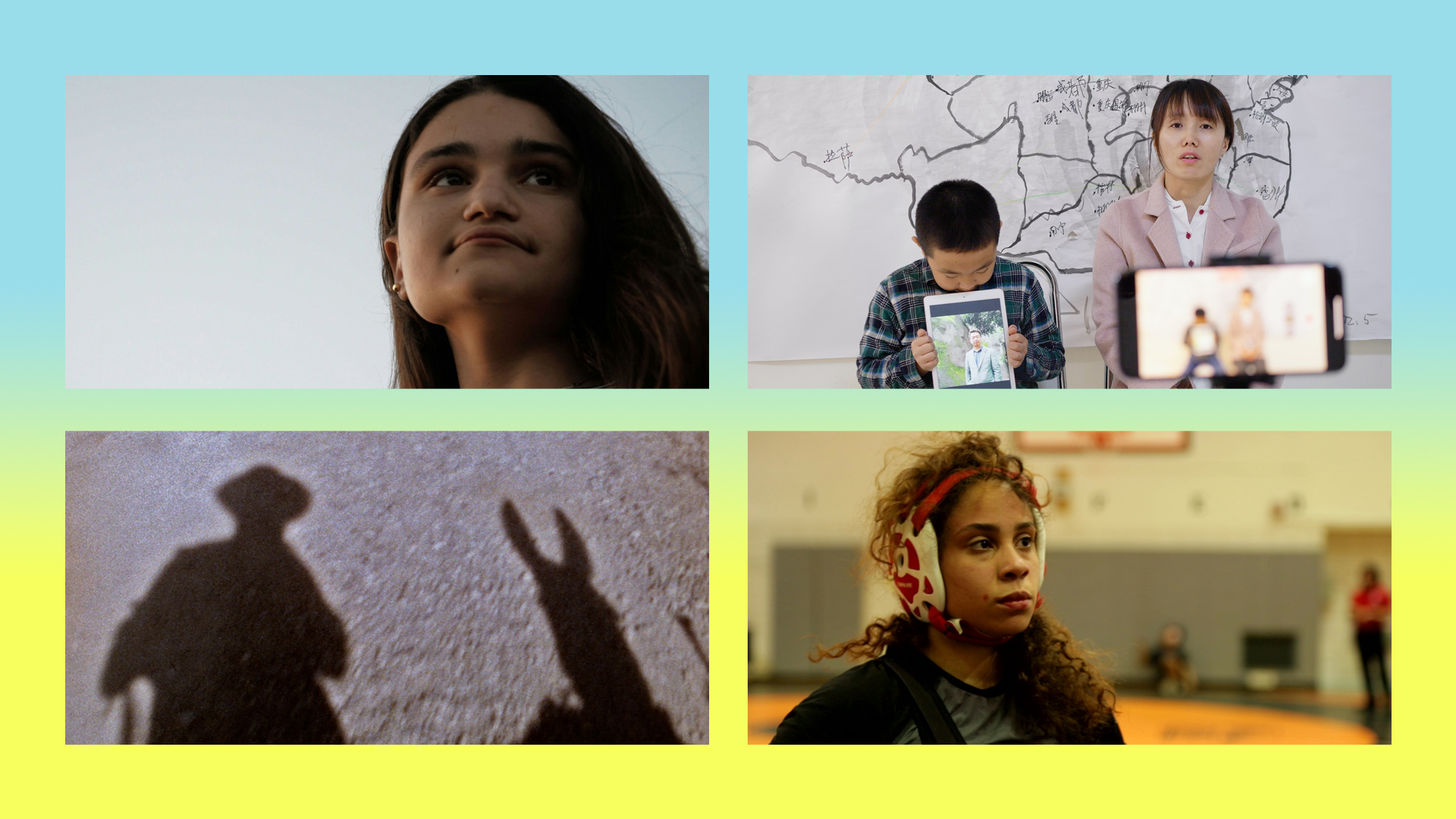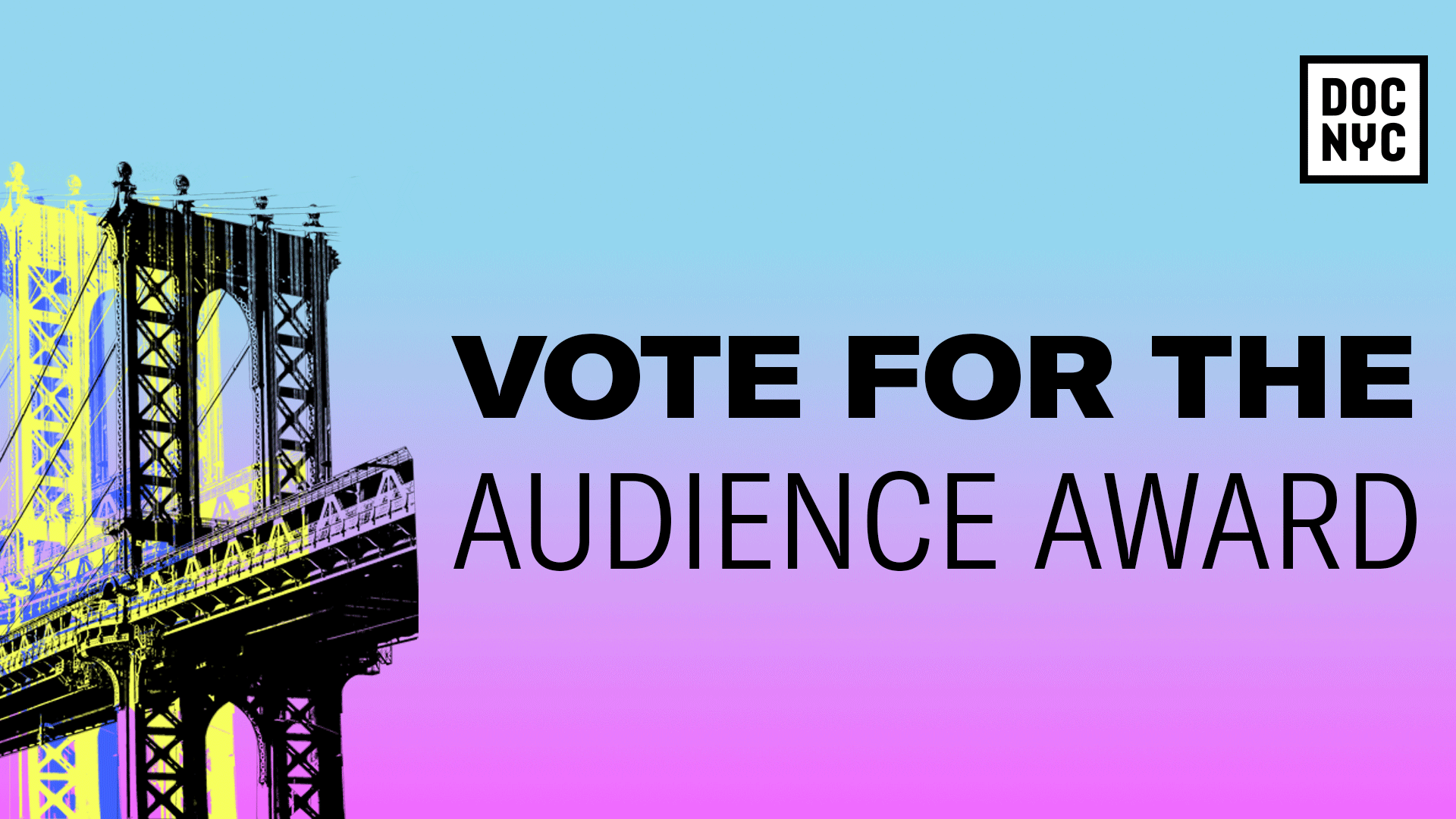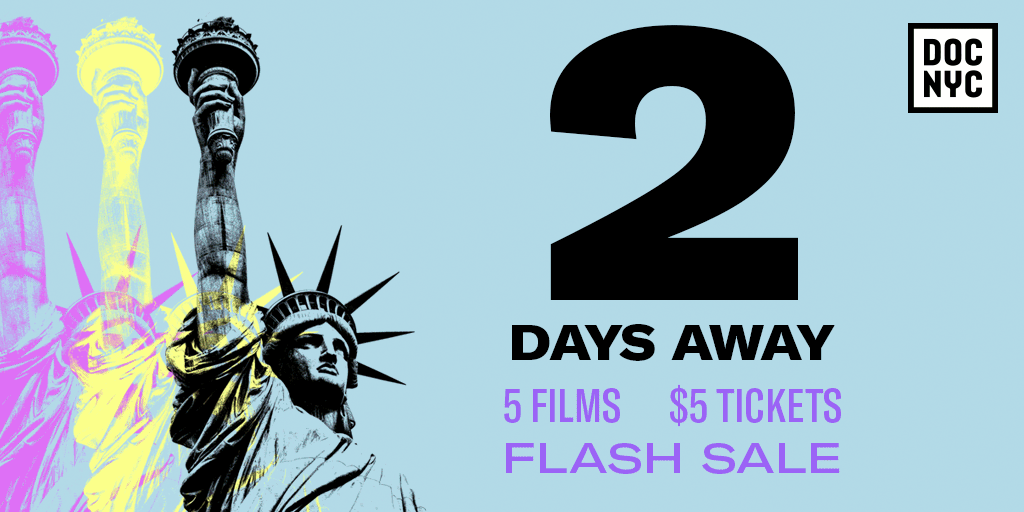DOC NYC PRO Documentary Marketing Boot Camp
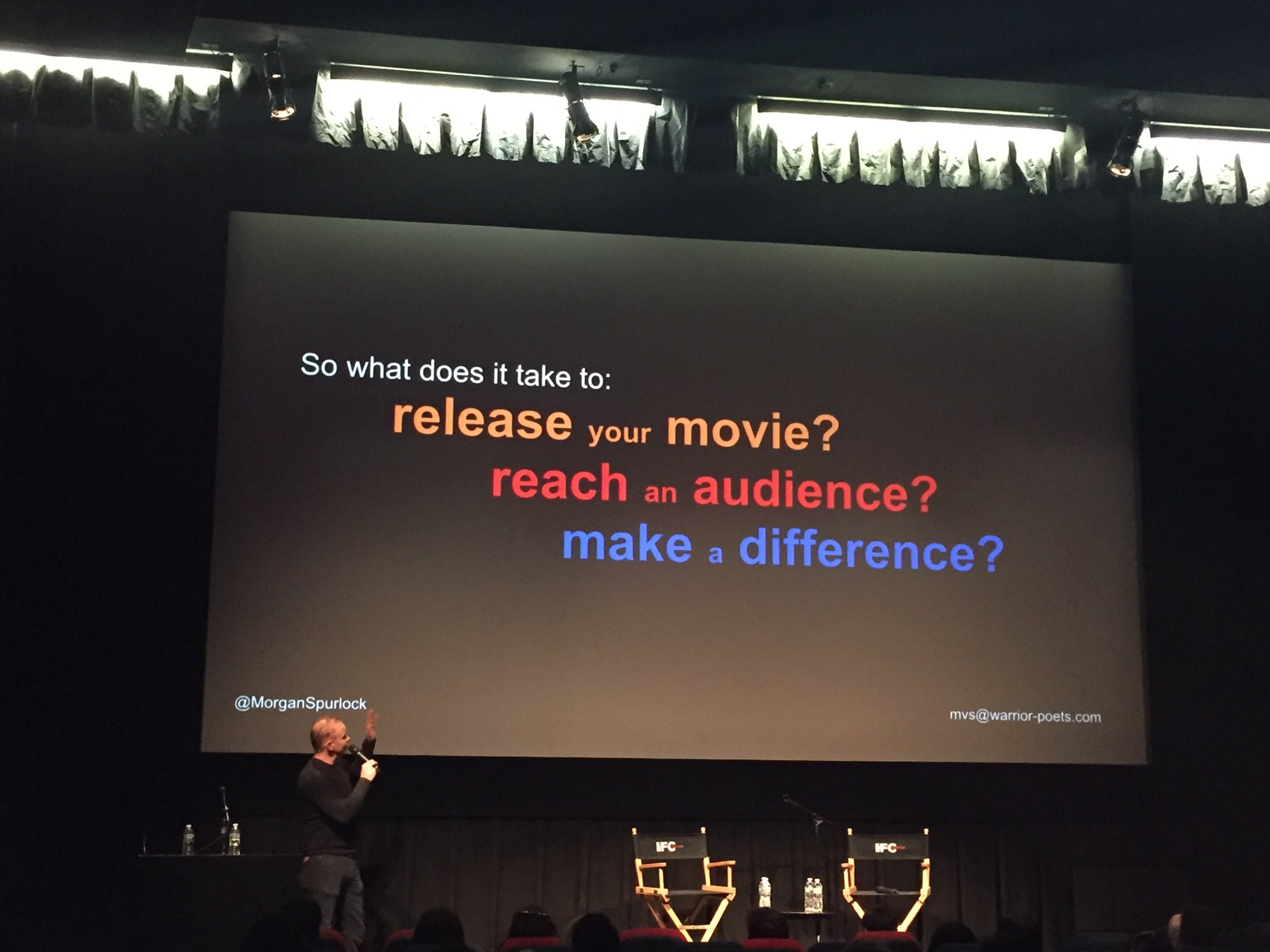
Writing by Megan Scanlon. Megan works at the American University of Beirut. She is a frequent contributor to the DOC NYC and Stranger Than Fiction blogs; program coordinator at the Bronx Documentary Center; and teacher at Yoga to the People. She has written for the Journal of Community Engagement and Scholarship. Follow her on Instagram and Twitter @mega
Our favorite docs — we know what they are. Even if we haven’t put it into words, we know the films that have revealed to us something about who we are. The stories we have found meaning in connect us to worlds within us and far outside our own. The power of the documentary film can harness and unfurl joy; expose injustice and systemic flaws that hide in plain sight; and question and investigate the edges and viscosity of the human spirit. We know how these films make us feel, and if they compel us to act, to choose, to change.
Well, how did we get there? How did we even come to see these films? Did we embrace an offer of an outstretched hand that pronounced, “Here we go?” How did we come to even notice the hand? Whether we like it or not, marketing is a part of our lives, but the question for filmmakers is how to extend an invite in a way that is less about a transaction and more about a relationship. With powerful and relevant stories to share in a technological landscape saturated with flashing lights of “content,” in what ways can filmmakers engage with audiences? What tools are available and make sense for the context of their projects?
Filmmakers from all over New York City came out last week to tap into these questions and more at DOC NYC PRO Documentary Marketing Boot Camp. Held at the IFC Center and organized into nine parts, “We wanted to bring together some of the smartest minds we know to demystify the process of reaching audiences, and at least point to the right questions to ask,” said DOC NYC Artistic Director Thom Powers, who kicked off the event.
Highlights from the day include the energetic keynote speaker Morgan Spurlock, award-winning writer, director, and producer, who emphasized to filmmakers, “You can’t plan for change…You CAN plan for impact and how you hope to affect change.” He encouraged filmmakers to own their derivative space (“If A happens what’s B?”), stretch their storytelling muscles and “bend the genre.”
How?
“You have to be ready to take criticism,” he said. And as those in the field know perhaps all too well, documentary filmmaking takes grit and persistence. Spurlock talked about spending 900+ hours on the phone in 9 months trying to get advertisers for The Greatest Movie Ever Sold. “I’m that guy who won’t go away,” he laughed.
Liz Cook, Director of Documentary film at Kickstarter, spoke about the ins and outs of crowdfunding. Cook helps filmmakers construct, design, execute campaigns that best suit what they’re trying to accomplish. She highlighted the top ten reasons for joining a kickstarter campaign that have nothing to do with money, including, “build and deepen your community.” Cook talked about working with Stanley Nelson on his Kickstarter campaign to create community screenings for his latest film. Screenings took place around the country in regions that otherwise wouldn’t be exposed. Nelson apparently questioned his sanity at the amount of screenings he booked in 3 months, but it was a route for him that invited and connected a wider audience into a conversation and experience.
Kristin McCracken, social media and content specialist, stressed the importance of representing your film well on social media, by creating and empowering community. For example, making your Facebook page an “information source for people so it’s not just about your movie, it’s about everything that surrounds your movie.”
The audience also heard from fantastic speakers like Jeremy Workman from Wheelhouse Creative (see him for your trailers); Caitlin Boyle of Film Sprout (talk to her about Grassroots Marketing); Christie Marchese of Picture Motion (Leverage those parnterships!); Susan Norget (need a publicist?); and Lacey Schwartz from Truth Aid (a model for earning income from lectures); and George Nicholis, Director of New York Publicity at Magnolia Pictures.
The day ended with a case study of the Academy award nominated film I Am Not Your Negro, a conversation between Powers and Nicholis, to give the filmmakers in the room a concrete example of how to implement these practices. A theme that emerged from the presentations by and conversations with these trailblazers in the field, is that the message is important, but not as much as the delivery and organization, which cultivate spaces for the message to sprout.
